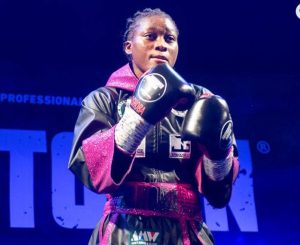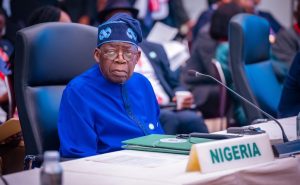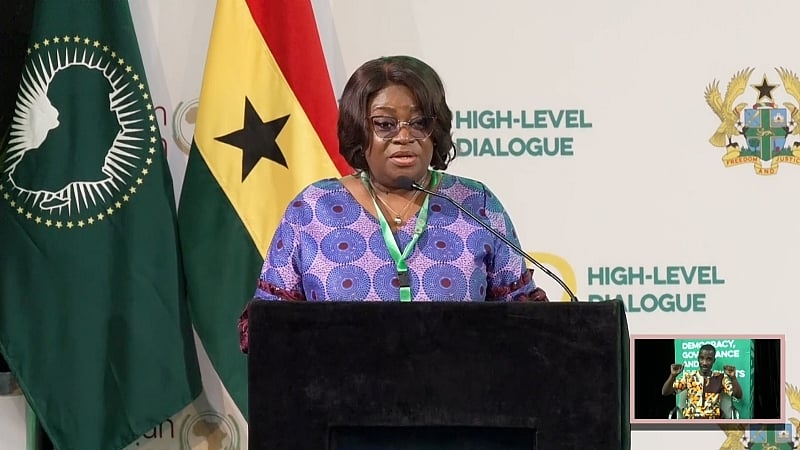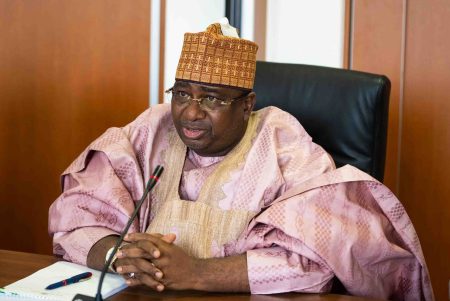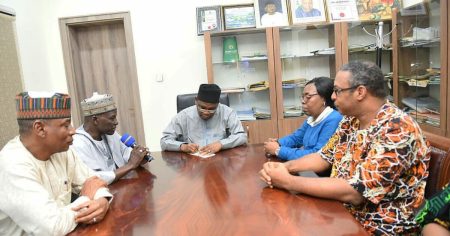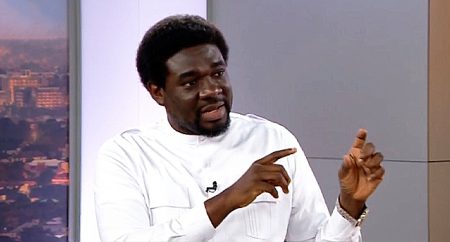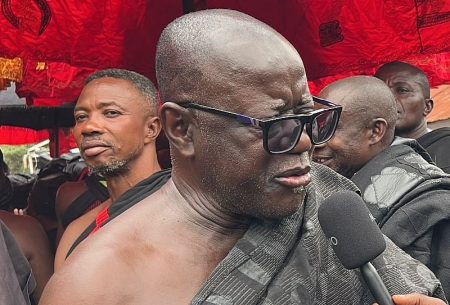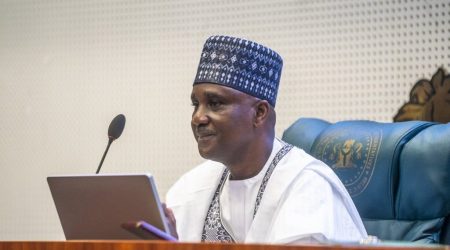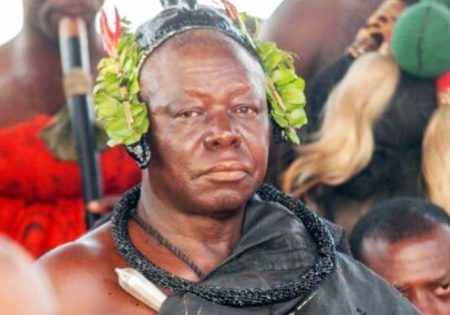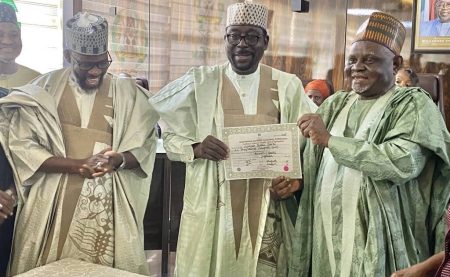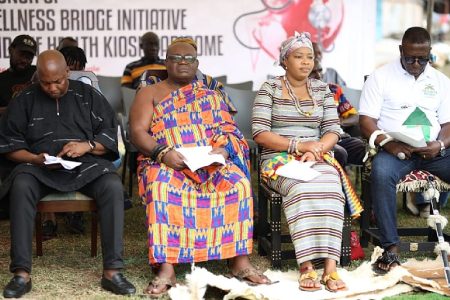The 13th High-Level Dialogue on Democracy and Human Rights, held in Accra, concluded with a resounding call for transformative change across Africa. Ambassador Perpetua Dufu, representing the President, emphasized the urgent need for reparatory justice, political reforms, and inclusive democracy to reshape the continent’s future. The dialogue, focused on action rather than rhetoric, produced a joint communique supporting the establishment of a permanent African Union (AU) body dedicated to reparatory justice, acknowledging the enduring legacy of colonial exploitation, slavery, and systemic racism. This body, to be led by a committee of experts, will spearhead continental efforts to address these historical injustices and their continuing impact on African institutions, economies, and societies. The dialogue underscored the importance of translating discussions into tangible action, urging a shift from remembrance to proactive measures grounded in equity, truth, and justice.
The devastating impact of colonialism, slavery, and systemic racism continues to reverberate throughout Africa. These historical injustices have created deep-seated structural inequalities that hinder economic development, perpetuate social divisions, and undermine political stability. The call for reparatory justice is not merely a demand for financial compensation, but a comprehensive approach to redress historical wrongs, acknowledge the enduring harm caused, and create a foundation for a more equitable future. This involves acknowledging the psychological trauma inflicted, addressing systemic disadvantages, and fostering genuine reconciliation between former colonial powers and African nations. The establishment of a dedicated AU body signifies a crucial step towards achieving this objective, providing a platform for coordinated action and expert guidance.
Beyond reparatory justice, the dialogue highlighted the critical need for comprehensive political reforms to strengthen democratic institutions and foster inclusive governance. Protecting fundamental freedoms, such as freedom of speech and press freedom, was identified as essential. Furthermore, promoting active youth participation in political processes was emphasized as crucial for building a more representative and dynamic future for Africa. The youth, representing a significant portion of the continent’s population, hold the key to unlocking Africa’s potential. Creating avenues for their meaningful engagement in decision-making processes is vital for ensuring their voices are heard and their aspirations are incorporated into policy frameworks.
The dialogue emphasized the importance of collaboration and partnership in driving positive change. Civil society organizations and diaspora groups were recognized as vital allies in shaping Africa’s future. Their expertise, grassroots connections, and advocacy efforts play a crucial role in holding governments accountable, amplifying marginalized voices, and promoting inclusive development. The launch of the 2025 African Governance Report and the State of CSOs in Africa during the event provides valuable resources to guide policy decisions and legislative actions across the continent, further strengthening these partnerships and promoting evidence-based policymaking.
The call for inclusive democracy underscores the need for governments to create political systems that represent the diverse interests and voices of their citizens. This includes ensuring equitable access to political participation, promoting transparency and accountability in governance, and protecting the rights of all citizens regardless of their background or beliefs. Inclusive democracy fosters social cohesion, strengthens political stability, and creates an environment conducive to sustainable development. By empowering all segments of society to participate in decision-making processes, African nations can unlock their full potential and build a future grounded in shared prosperity and social justice.
The outcomes of the 13th High-Level Dialogue on Democracy and Human Rights mark a significant step towards a more just and equitable future for Africa. The commitment to reparatory justice, political reforms, and inclusive democracy provides a roadmap for transformative change. By translating these commitments into concrete actions, African leaders can address the lingering legacies of historical injustices, empower their citizens, and build a future where all Africans can thrive. The focus on youth engagement, the recognition of civil society’s crucial role, and the launch of key reports demonstrate a commitment to evidence-based policymaking and collaborative action. The dialogue’s emphasis on moving from memory to action signals a decisive shift towards building a future grounded in equity, truth, and justice for all Africans.



